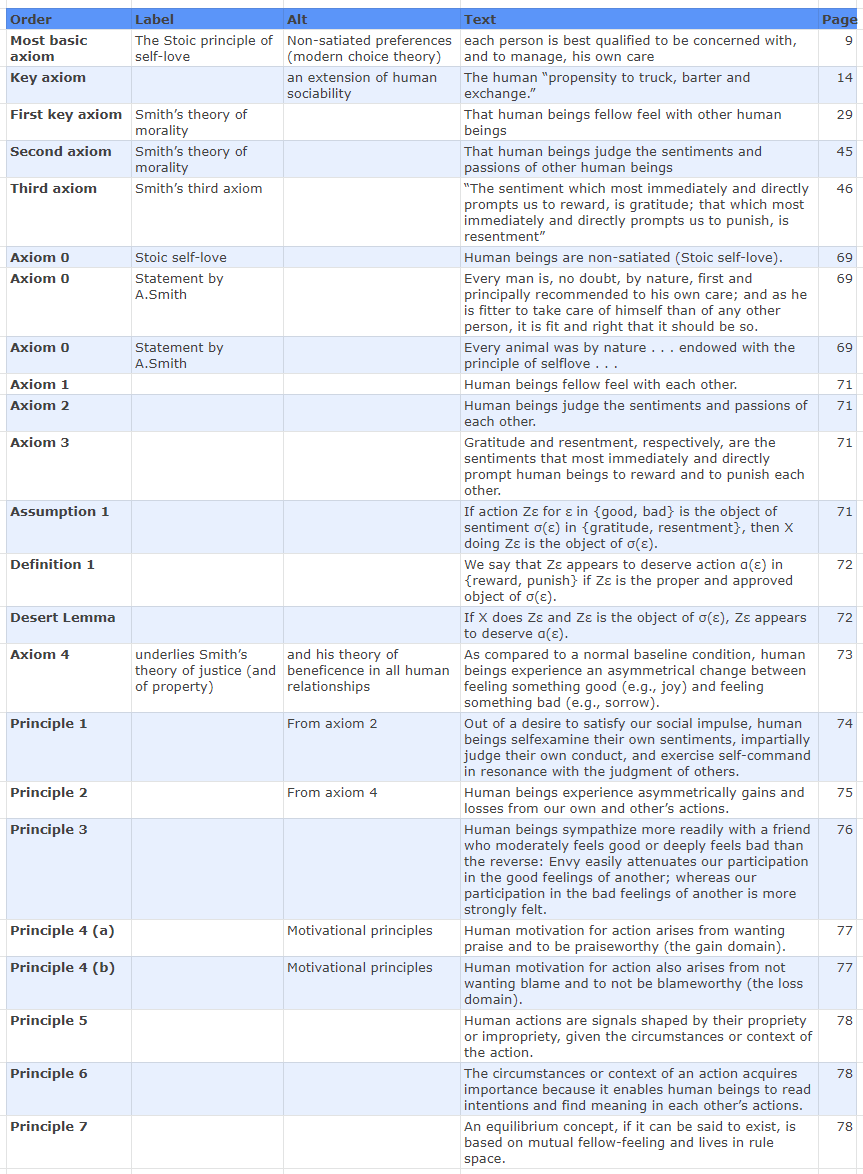Michio Kaku is a physicist better know as a popularizer of science after his multiple TV shows, digital media presence and nine books. The Future of Humanity is his latest work (2018) and is a futuristic effort placed way ahead in the future.
With such long time frame, Kaku can speculate anything, but he cleverly connects it with the ideas of the present. This is the main take away from the book.
On one side The Future of Humanity is about unthinkable dreams, on the other the challenges that the laws of physics impose. "there is one thing that even alien civilizations will have to obey, and that is the laws of physics."
With these yes-but and what-if games Kaku takes the reader to the farthest spots in the universe while explaining why leaving Earth is not as easy as Hollywood makes it seem.
The starting point of The Future of Humanity is that our species "sooner or later will face global crises that threaten our very existence", and hence we have the incentives to migrate to outer worlds. Despite the hazards that we may face, Kaku consideres the drive to adventure and exploration part of the human nature. Is it? maybe not but we can't ignore that we don't need the whole species to agree. with just a few entrepreneurs (i.e. Elon Musk, Jeff Bezos, Richard Branson) suffice. How difficult interplanetary transportation really is? How soon will it occur? How can it be, physically or just pure information? It is almost impossible to speculate about these questions without entering into more philosophical questions like what is consciousness "Consciousness, I claim, is the process of creating a model of yourself using multiple feedback loops—for example, in space, in society, or in time—in order to carry out a goal."
For Kaku the Future of Humanity depends on our own civilization evolution. Unless we reach at least a Type I Kardashev civilization level intergalactic travel is only a dream. A Type I civilization will require new organizational rules. Our current models are incapable of such challenges. Kaku concurs with Elon Musk when he said:
"Elon Musk has speculated that, as civilizations master advanced technology, they develop the power to destroy themselves and that the biggest threat facing a Type I civilization may be a self-inflicted one."
The Future of Humanity has an optimistic tone. The broad range of innovations in healthcare, communications, energy, etc. that we see today are the seeds of a future that is still only possible in the minds of these futurists and entrepreneurs. Are we going beyond the limite of how much resources we can dedicate to a single quest? Kaku doesn't answer key questions like who will coordinate the necessary efforts? A global government? Who will pay of it? Not even the ultrarich have enough, is tax-payers money involved? What about other day to day priorities like deseases, poverty, etc. Who is going and who is staying? Who is up to decide? Is it wise to spend huge amounts of resources and energy in these endeavors?
Is The Future of Humanity to please the masses or is it a book to take seriously? Time will tell.


